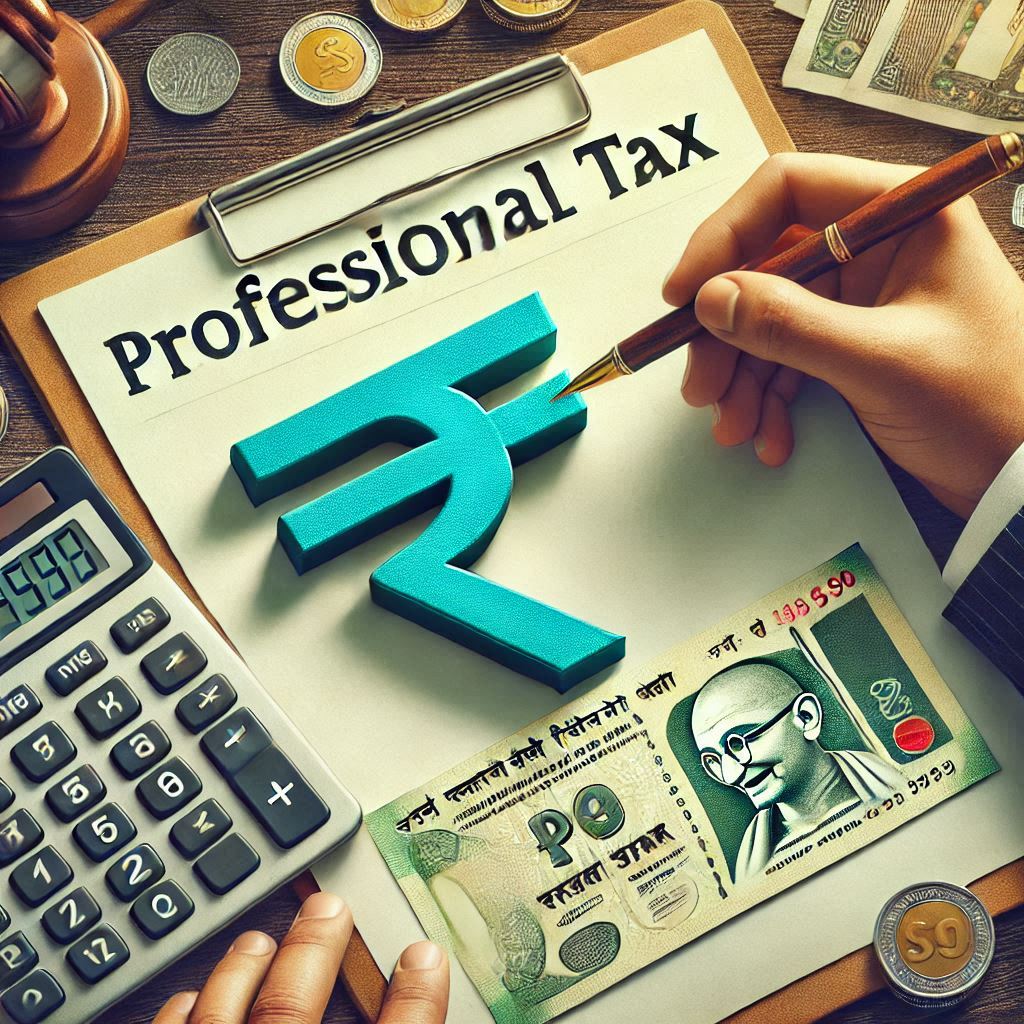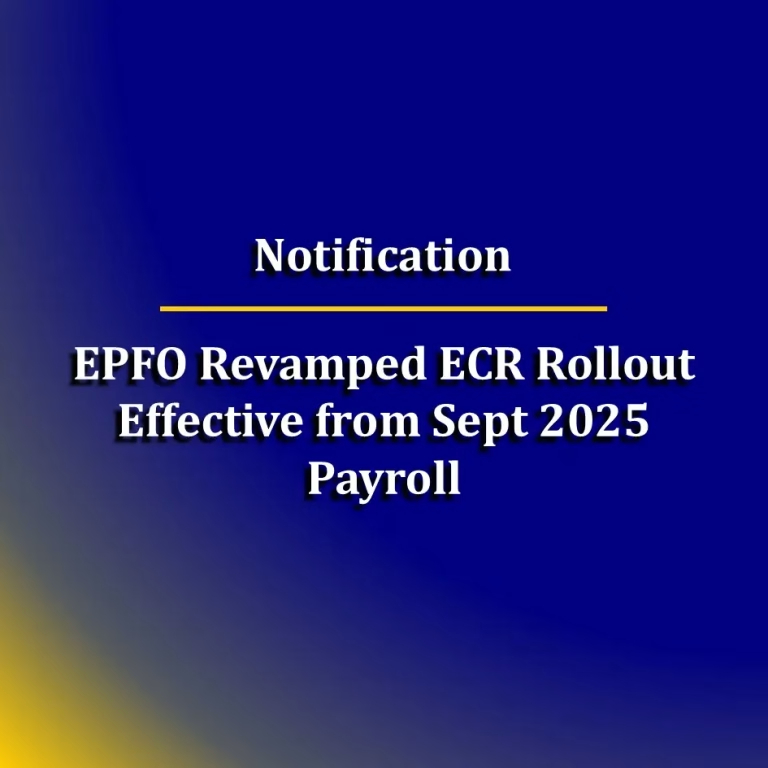Professional tax is a term frequently encountered by salaried individuals on their payslips or Form 16 as a deduction. However, not everyone fully understands what professional tax entails, why it is deducted, or who is subject to it. This document aims to clarify these aspects.
What is Professional Tax?
Contrary to its name, professional tax is not limited to professionals. It is a tax levied on professions, trades, and employment, based on the income generated from these activities. Both individuals employed in businesses and those self-employed, such as freelancers and professionals, are subject to professional tax if their income exceeds a specified threshold.
Professional tax is governed by state legislation and varies from one state to another. While Article 246 of the Indian Constitution gives the Parliament authority over taxes on income, Article 276 allows state governments to levy taxes on professions, trades, callings, and employment. Not all states in India impose professional tax.
One Partner for All HR Solutions across PAN India
From HRMS & Payroll to Compliance & Labour Law,
From Contract Staffing to All Corporate Insurance,
we’ve got you covered.
📞 Need support? Let’s talk.
Tap to connect with India’s trusted HR & Compliance experts.
Click Here
Key Features of Professional Tax:
- Levied by State Governments: Each state determines its professional tax structure, including applicable rates and exemptions.
- Income Thresholds: Professional tax applies only if income exceeds specified limits, which differ across states.
- Deduction Under Income Tax Act: Professional tax payments are deductible from taxable income under the Income Tax Act, 1961.
- Maximum Cap: The maximum amount of professional tax charged cannot exceed Rs. 2,500 annually as per Article 276.
Professional Tax Slabs Across States
Professional tax is calculated based on income slabs, which vary across states. Below are examples from selected states:
- Karnataka:
- Up to Rs. 25,000: Nil
- Above Rs. 25,000: Rs. 200 per month
- Andhra Pradesh:
- Up to Rs. 15,000: Nil
- Rs. 15,001 to Rs. 20,000: Rs. 150 per month
- Above Rs. 20,000: Rs. 200 per month
- Maharashtra:
- Men earning up to Rs. 7,500: Nil
- Men earning Rs. 7,501 to Rs. 10,000: Rs. 175 per month
- Men earning above Rs. 10,000: Rs. 200 per month (Rs. 300 for February)
- Women earning up to Rs. 25,000: Nil
- Women earning above Rs. 25,000: Rs. 200 per month (Rs. 300 for February)
- Tamil Nadu:
- Up to Rs. 21,000: Nil
- Rs. 21,001 to Rs. 30,000: Rs. 135 per month
- Rs. 30,001 to Rs. 45,000: Rs. 315 per month
- Rs. 45,001 to Rs. 60,000: Rs. 690 per month
- Rs. 60,001 to Rs. 75,000: Rs. 1,025 per month
- Above Rs. 75,000: Rs. 1,250 per month
Who Collects and Pays Professional Tax?
Professional tax is collected by the Commercial Tax Department of the respective states and is eventually transferred to municipal funds. Responsibility for payment varies based on employment status:
- For Employees: Employers are required to deduct professional tax from employees’ salaries and remit it to the state government. Employers must register for a Professional Tax Enrolment Certificate and a Professional Tax Registration Certificate.
- For Self-Employed Individuals: Self-employed professionals, traders, and freelancers are required to pay professional tax directly, provided their income exceeds the prescribed threshold. Registration may vary depending on state requirements.
- Exemptions: Certain categories of individuals are exempt from professional tax, including:
- Members of the armed forces
- Individuals with disabilities (e.g., blindness, deafness)
- Parents or guardians of individuals with disabilities
- Senior citizens above 65 years
- Women working solely as agents under government savings schemes
- Group Personal Accident Insurance in India – A Complete HR Guide
- Abhijit Bhaduri: The Story of an HR Who Became a Unicorn
- EPFO Mandates Employers to Public Display of Form 5A: (by Oct 22, 2025)
- EPFO Revamped ECR Rollout (Effective Sept 2025 Payroll)
- Prabir Jha: The Maverick CHRO Across Fortune 500 Giants
Payment and Compliance
Professional tax can be paid both online and offline through the respective state’s official portal. Employers must ensure timely payment and filing of returns to avoid penalties.
- Returns: Employers are required to file returns periodically, depending on state regulations.
- Penalties for Non-Compliance: States impose penalties for non-registration, delayed payments, or failure to file returns. For instance, in Maharashtra:
- Late registration: Rs. 5 per day
- Late payment: 1.25% to 2% interest per month
- Non-payment or delayed payment: 10% of the tax amount
- Late filing of returns: Rs. 1,000 penalty
Importance of Professional Tax Compliance
Adherence to professional tax regulations is essential to avoid legal complications and penalties. Employers should ensure proper registration, deduction, and timely remittance of professional tax. Employees and self-employed individuals must stay informed about their obligations under state laws.
By understanding professional tax rules and complying with them, individuals and organizations can contribute to state revenues while maintaining transparency and legal compliance.
One Partner for All HR Solutions across PAN India
From HRMS & Payroll to Compliance & Labour Law,
From Contract Staffing to All Corporate Insurance,
we’ve got you covered.
📞 Need support? Let’s talk.
Tap to connect with India’s trusted HR & Compliance experts.
Click Here





